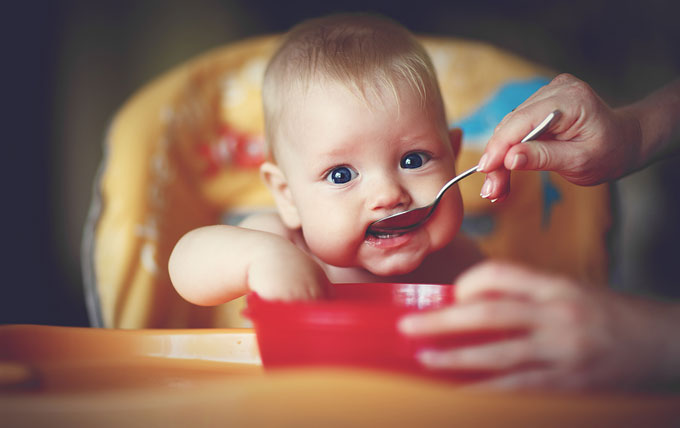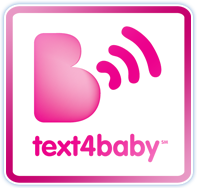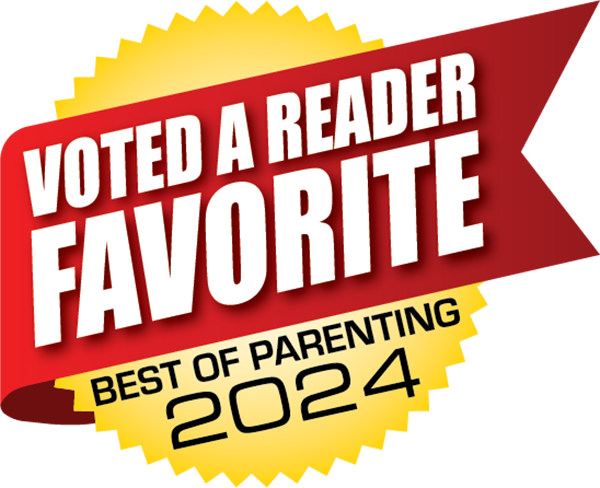Offer Healthy Choices
The most important thing to remember when considering nutrition for your child is that children eat food not calories. Many parents make their job harder than it should be by forcing their child to eat either the “right” foods or the “right” amount. A parent’s job is simply to provide appropriate balanced nutrition which means offering the right foods not forcing them. Healthy children eat when they are hungry and they will usually eat the right amounts for their nutritional needs.
My Child Won’t Eat 3 Vegetables a Day!
The requirements for your child are listed below in daily Since no child eats healthy consistently day in and day out, remember that it is just a guide. The good news is that our bodies are designed to accumulate nutrients over a span of one to two weeks not in just one day. This means that some days your child will eat a few servings of vegetables and other days more servings of vegetables. So don’t get focused on a daily amount your child HAS TO EAT but get a sense of what a balanced diet consists of so that you can offer appropriate amounts and healthy types of foods. Remember that there is not ONE particular vegetable or fruit that contains all the necessary nutrients for your child. So, varying the types of fruits or vegetables is the key to a balanced diet and good nutrition.
The most important source of nutrients for your infant will still come from breast milk or iron-fortified formula. After 6 months your baby needs to increase her intake in certain nutrients. One important nutrient is iron. Make sure your baby gets foods rich in iron like iron-fortified cereal and meat into her diet.
The AAP recommends that if you make your own baby food, be aware that home-prepared spinach, beets, green beans, squash, and carrots are not good choices during early infancy. They may contain large amounts of nitrates. Nitrates are chemicals that can cause an unusual type of anemia (low blood count) in young babies. Commercially prepared vegetables are safer because the manufacturers test for nitrates. Peas, corn, and sweet potatoes are better choices for home-prepared baby foods. If you are making your own baby food make sure you use a reference book or website to help guide you in the right types of foods to puree.
Introducing Solids Order (One new food every 3-4 days)
Previously there were specific recommendations for the order of foods to introduce your baby like cereal then vegetable, etc. Now it is less important to follow a specific order. As long as foods are not a choking hazard any food is allowed and in any order as long as you remember NO HONEY till after 12 months.
If you are using store bought food follow the manufacture’s guidelines of stage 1 then 2 then 3. Read about how to prepare the cereal on the box. Start with small amounts first, then slowly increase the amount to close to 4 ounces as one serving. Use your child’s interest with eating and her appetite to determine when you will increase the amount per meal and whether she eats 2 or 3 meals a day. The old schedule is still a good rule of thumb for those who want guidance.
- Rice, Oatmeal or Barley Cereal
- Vegetables and fruits
- Meats
- Usually after 8-9 months, start soft table foods including dairy products that won’t cause choking
- And after 12 months old she can drink cow’s milk (Whole/ Vitamin D milk not skim milk)
Food Allergies
Previously it was recommended to wait to introduce those foods that often cause allergy reactions. According to the allergists infants at risk for developing food allergy are those with a biological parent or sibling with existing, or history of, allergic rhinitis, asthma, atopic dermatitis, or food allergy. Restricting a mother’s diet during pregnancy and while breast-feeding have been tried as approaches to protecting against food allergies, but they have not been proven to be effective. Delaying the introduction of potentially allergenic foods, even in infants at risk for food allergy, has not been shown to be beneficial and actually might increase the risk. There are new recommendations being released every 2-3 months about food allergies so continue to check back for the latest.
Honey is not to be given to infants because they are susceptible to infant botulism from spores in the honey, not because of allergy concerns.
The information and content on our website should not be used as a substitute for medical treatment or advice from your doctor.





